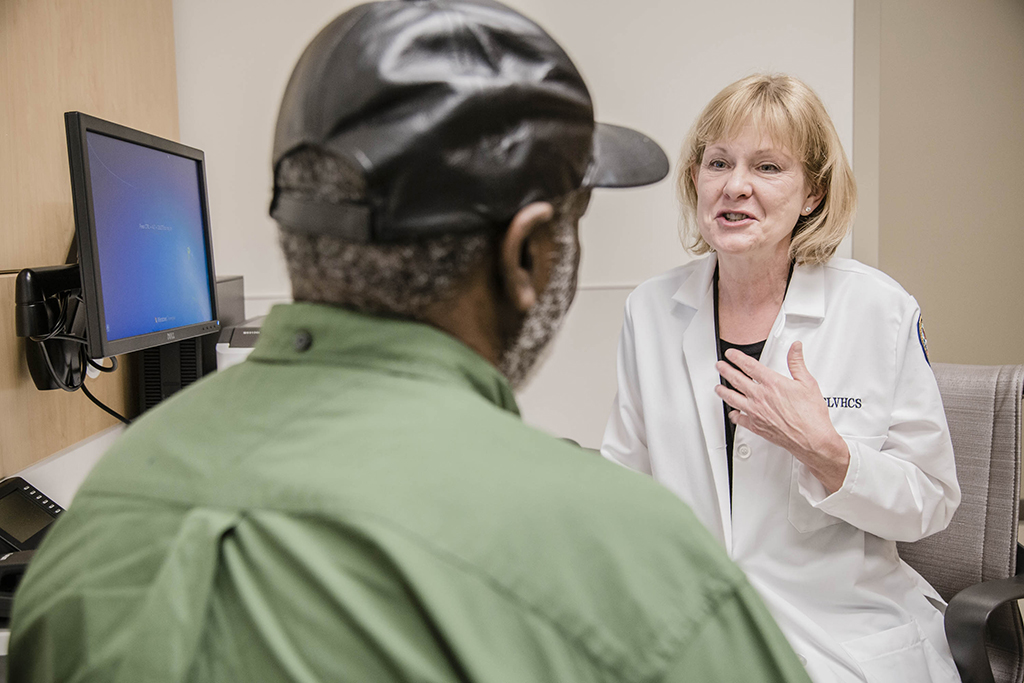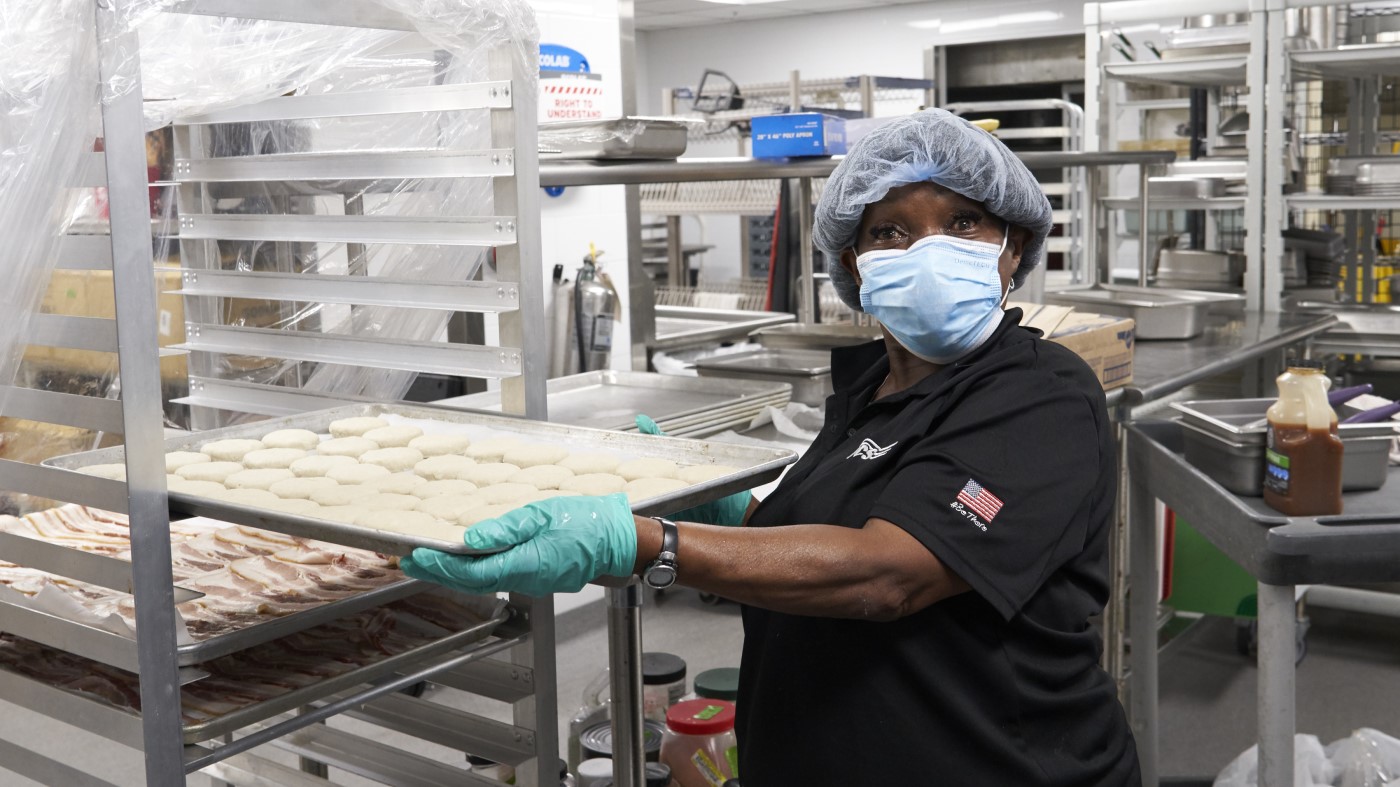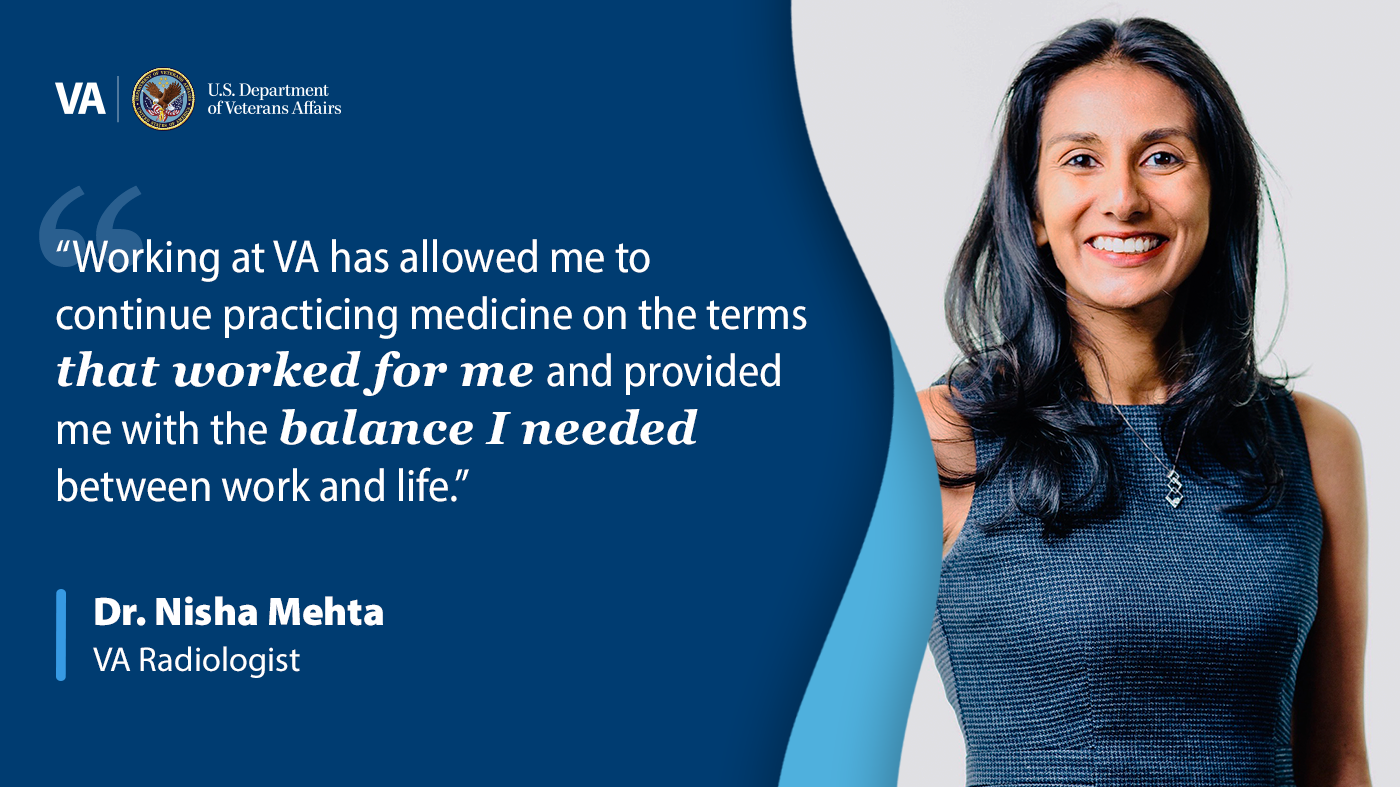At VA, we strive to optimize the health and wellbeing of Veterans living with Alzheimer’s. Veterans who’ve experienced brain trauma while in service are at a significantly higher risk for developing the disease or other forms of dementia. It’s crucial that Veterans and their families keep the following four tips in mind in the event of an Alzheimer’s diagnosis:
1. Understand your benefits. Managing Alzheimer’s can be costly, but VA’s Geriatrics and Extended Care Services (GEC) offer provisions for home-based primary care, nursing home services, caregiver support and more.
2. Learn what is and is not considered a “senior moment.” Brief confusion or memory lapses are common as you age. However, if your forgetfulness disrupts daily life or you experience “confusion with time or place,” don’t hesitate to consult your VA physician.
3. Take vitamin E. VA research suggests that daily doses of vitamin E can help preserve cognitive function. Talk to your VA physician for more info.
4. Prioritize brain health. Taking care of your brain health can prevent or at least decelerate the development of Alzheimer’s.
Through innovative research, we’re gaining a deeper understanding of the disease, its causes and risk factors; and developing better detection methods and viable drug therapies for prevention and treatment. If you’re interested in joining the effort to improve the quality of life for our aging Veterans, explore our available positions and apply today.
Topics in this story
More Stories
This Thanksgiving, we’re thankful for the chance to care for Veterans, and for Veterans themselves.
Whether it’s access to the great outdoors or a calmer pace in your everyday life, you can find it in rural VA communities around the country.
Dr. Nisha Mehta encourages physicians seeing a better work/life balance to consider a move to VA.






